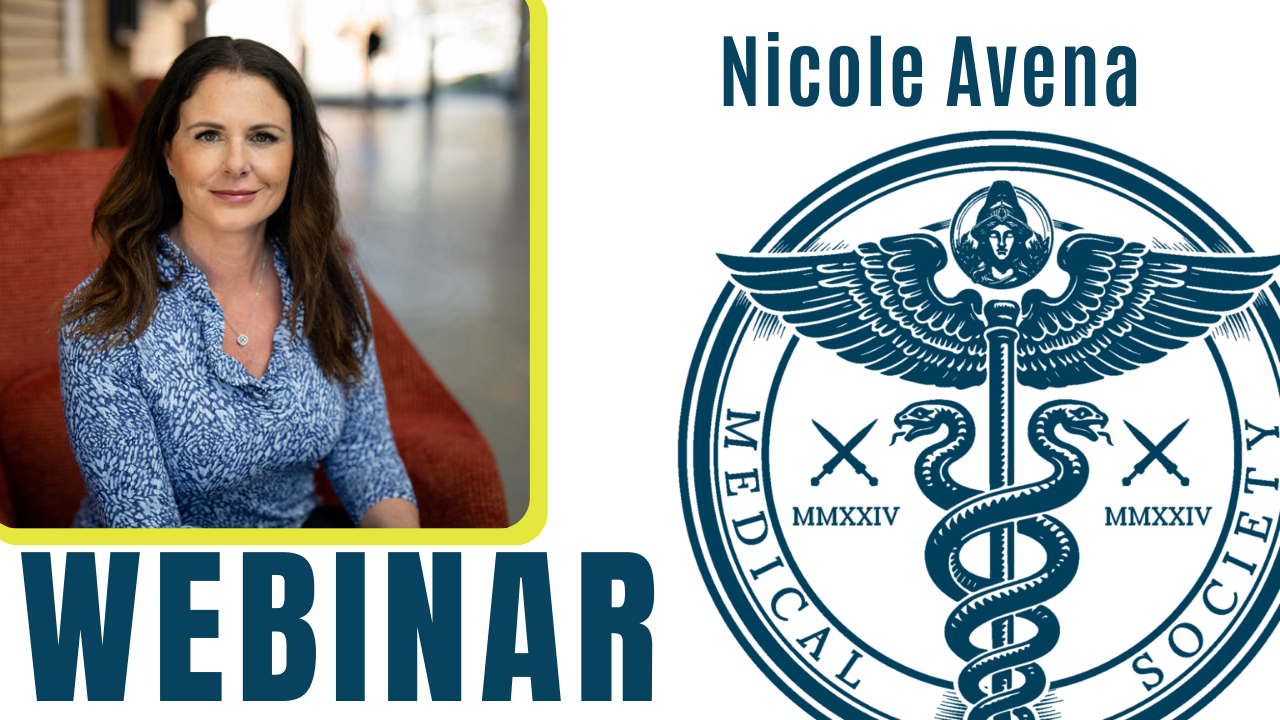The
Daily
Fix
Rest
Smoked Trout, Avocado & Arugula Egg Roll
The Science of Food Addiction


Rest day
Smoked trout, creamy avocado, peppery arugula, and lemony whipped cheese wrapped in a soft egg omelet and served on a bed of fresh arugula and dill.
Webinar with Nicole Avena, Ph.D.
Enjoy the recovery time, or make-up anything you missed from last week.
Photo - MetFix Foundations Seminar at MetFix Santa Cruz, CA.
Ingredients
2 eggs
1 tsp butter (for omelet)
2 oz smoked trout, flaked or sliced
½ avocado, thinly sliced
¼ cup arugula (inside roll)
2 Tbsp whipped cream cheese or goat cheese
½ tsp lemon zest
1 Tbsp fresh dill, chopped (plus extra for garnish)
½ cup arugula (for serving)
Salt and pepper, to taste
Macronutrients
Protein: 28g
Fat: 42g
Carbs: 3g
Preparation
In a bowl, beat the eggs (2) with a pinch of salt. Heat a nonstick skillet over medium heat and melt the butter (1 tsp). Pour in the eggs and swirl to form a thin, even omelet. Cook for 2–3 minutes until just set, then transfer to a clean surface to cool slightly.
In a small bowl, mix the whipped cream cheese (2 Tbsp) with lemon zest (½ tsp) and chopped fresh dill (1 Tbsp). Spread the herbed cheese mixture across the center of the egg wrap.
Layer the flaked or sliced smoked trout (2 oz), sliced avocado (½ avocado), and arugula (¼ cup) over the cheese.
Roll the egg wrap tightly, starting from one end, tucking in the sides as needed to form a firm roll. Slice into pieces with a sharp knife.
To serve, arrange the sliced egg rolls over a bed of fresh arugula (½ cup) and garnish with sprigs of dill.
In this webinar, Dr. Nicole Avena explains how foods high in sugar and fat can trigger addictive behaviors in the brain. She challenges the traditional view that obesity stems solely from personal choices or lack of willpower, arguing instead that the modern food environment—dominated by highly processed, sugar-rich products—activates the brain’s reward system in ways similar to addictive substances like alcohol and drugs. Drawing on recent advances in addiction science, the discussion shows how behaviors like overeating are now recognized as legitimate forms of addiction, with sugar’s neurological impact rivaling that of more conventional vices.
The webinar also explores how societal changes have drastically altered eating habits. While early humans experienced natural cycles of scarcity and effort-based consumption, today’s constant access to ultra-palatable, calorie-dense foods encourages passive, compulsive eating. Misleading labels and hidden sugars in supposedly healthy foods only exacerbate the problem. Dr. Avena advocates for comprehensive public health strategies—such as sugar regulation, transparent labeling, and restrictions on advertising to children—and emphasizes the importance of community, purpose, and connection as buffers against addiction.
Ultimately, she argues that curbing obesity and chronic disease requires treating sugar not as a harmless ingredient, but as a powerful, addictive substance.
A 10-minute summary of the webinar is now available for free to anyone, while the full webinar is available for Medical Society Members and MetFix affiliates.

THURSDAY 250612